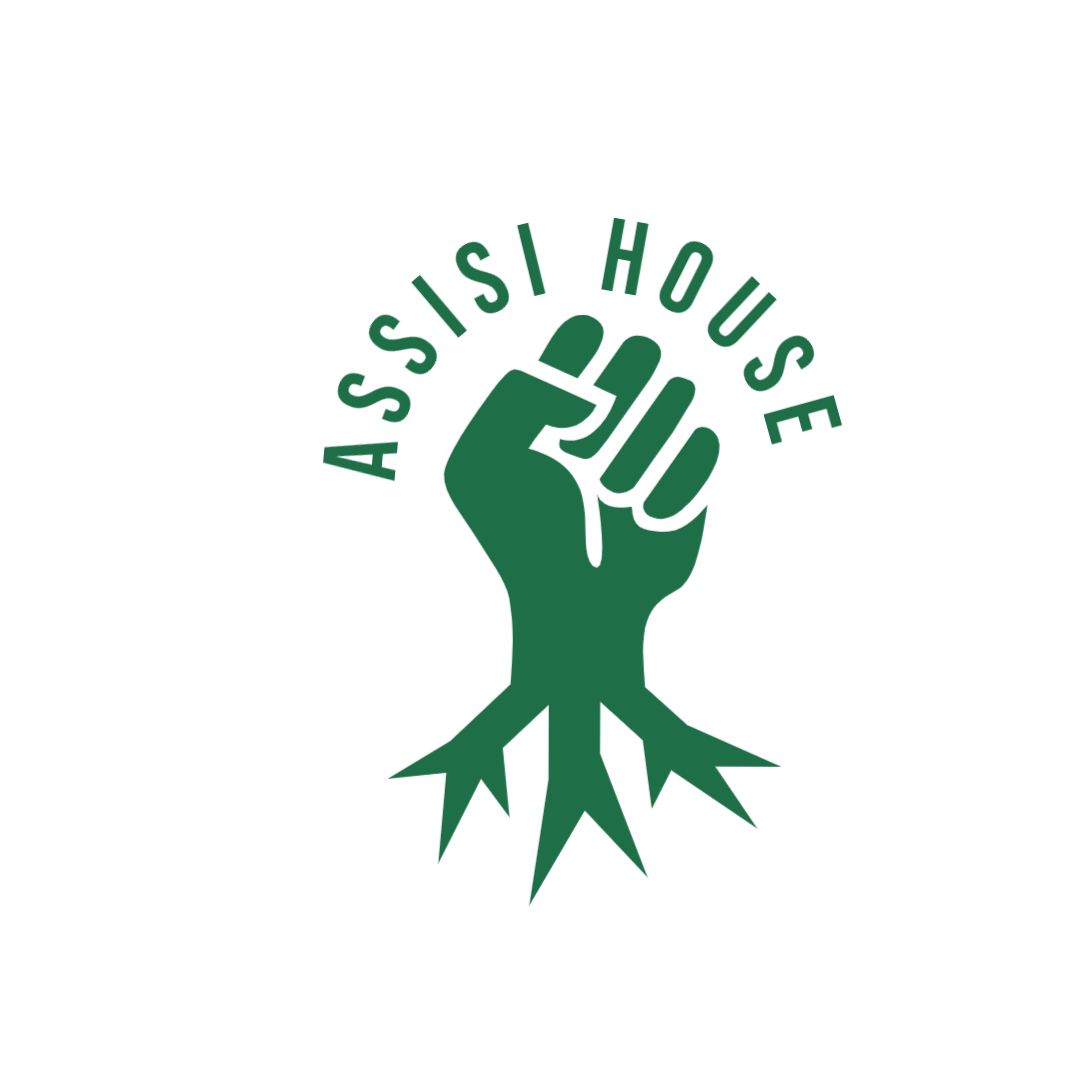Our community work and conversations with vulnerable populations confirm one thing: racism is a public health issue that needs collective action. The most pervasive impact of racism is how it shows up in the short-term and long-term public health outcomes in communities. Racism may be intentional or unintentional, yet it shapes economic and social opportunities in a community. It assigns value and privilege based on how a person looks. The result is inequity from conditions that unfairly advantage some and unfairly disadvantage others. Racism hurts our communities’ health outcomes by preventing some people from the opportunity to attain their highest level of health.
We use structured community conversations, online sessions, and workshops on racism and public health to decolonize public health policy and access for communities. Our approach to research and programming in this area is deliberately based on the interaction of race, space, and place, and we honor each community that trusts us to work with them.


